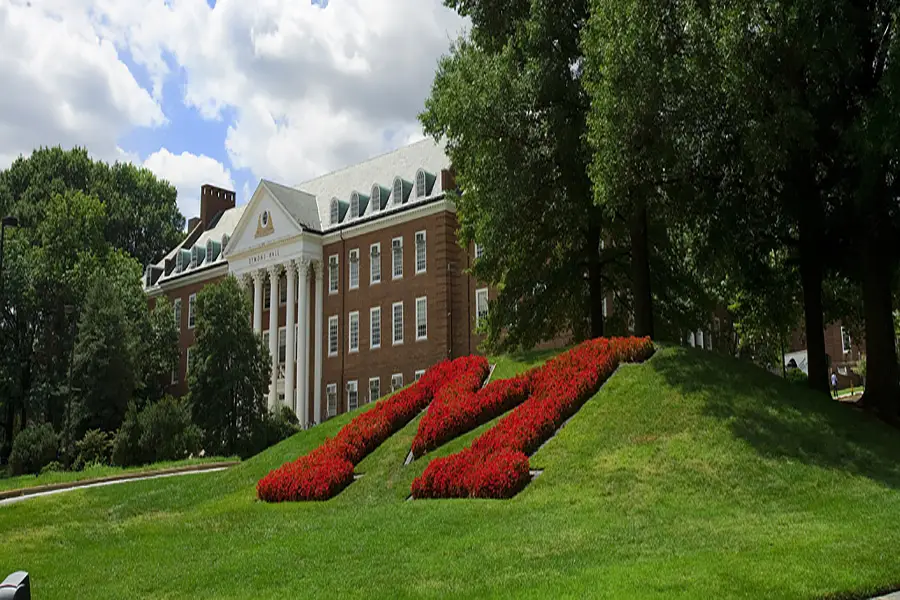The University of Maryland has received a $25 million gift to fund the expansion and provide state of the art facilities to patients at its cancer center.
The largest-ever donation to the University of Maryland Medical Center (UMMC) came from Baltimore-area businessman Leonard Stoler and his wife, Roslyn, to extend integrated and advanced care to cancer patients across the nation.
“Having a building dedicated uniquely to the care of our cancer patients will provide us with the opportunity to truly define the future of patient-centric cancer care at the University of Maryland Medical Center,” UMMC’s president and chief executive officer Mohan Suntha said.
“Roslyn and Len Stoler have been incredible partners with our cancer center for 20 years, and we are forever grateful for their commitment to us and confidence in our ability to continue to make our oncology program among the finest in the world. They have been there for us in the past, they are part of our present, and now they are helping to transform our future.”
The university’s cancer center is one of only 49 National Cancer Institutes, which have been designated comprehensive cancer centers. The new building will provide both inpatient and outpatient cancer care while keeping patients’ experience in mind.



